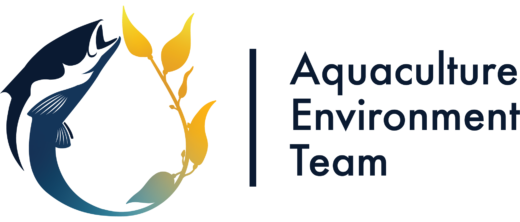This project aimed to investigate the distribution, biology and aquaculture potential of the red seaweed species Asparagopsis armata in Tasmania due to its potential to be part of the global solution to climate change. Methane emissions from livestock are a significant contributor to global greenhouse gas emissions. Bromoform, a chemical compound produced by Asparagopsis seaweeds, […]


